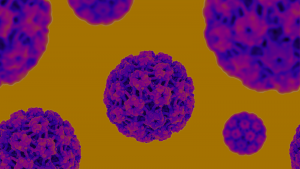
Genital Warts
Genital warts are caused by human papillomavirus (HPV). The types of HPV that cause genital warts are usually spread by direct skin-to-skin contact during vaginal, anal, or possibly oral sex with someone who has this infection.
HPV:
Fast Facts
There are over 100 different types of human papillomavirus, or HPV. Some types of HPV can cause genital warts and other types can cause cancer, including cancer of the cervix, vulva, vagina, penis or anus, as well as cancer in the back of the throat.
The “high-risk” HPV types are linked to the development of cancer. The “low-risk” types that cause genital warts are almost never found with cancers.
While HPV can cause disease, most HPV infections do not cause symptoms that are noticeable—so most people will never know they have the virus.
HPV is very common, and nearly all sexually active people will contract it at some point in their lives. About 79 million people are thought to have an active HPV infection at any given time.
Sexually transmitted HPV is spread by direct, skin-to-skin contact during vaginal, anal or (possibly) oral sex with someone who has an infection. HPV can infect anyone who has ever had a sexual encounter.
HPV can be contracted from one partner, remain dormant (or “asleep”), and then later be unknowingly transmitted to another sexual partner, including a spouse.
Since HPV is spread through skin-to-skin contact and not through the exchange of bodily fluids, condoms can reduce–but not totally eliminate–the risk of HPV transmission.
In most cases, the virus is harmless and most people have no symptoms. The body clears most HPV infections naturally. But certain high-risk types can lead to cancer. In the case of cervical cancer, regular screening can catch any abnormal cell changes caused by HPV that can be treated before they lead to cancer.
According to the Centers for Disease Control and Prevention, HPV causes nearly 37,300 cases of cancer every year in the United States. HPV vaccination can prevent 90% of these cancers by preventing the infections that cause them. HPV infections have already dropped in recent years die to vaccination—HPV infections, genital warts, and cervical pre-cancers have all dropped since the vaccine has been available in the U.S. Learn more about HPV vaccination.

Genital warts are caused by human papillomavirus (HPV). The types of HPV that cause genital warts are usually spread by direct skin-to-skin contact during vaginal, anal, or possibly oral sex with someone who has this infection.

The FDA recently approved HPV testing using self-collected samples. Experts hope allowing people to collect their own samples will increase screening rates.

It can be difficult to talk to family and friends about any cancer diagnosis. It can be helpful to have a team of friends and family for support, but you are in charge of who you tell and how much you tell them.
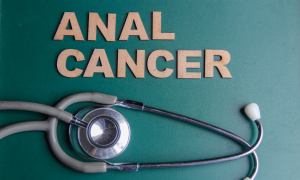
Anal cancer is a rare cancer, but cases have been on the rise in recent years. Dr. Joel Palefsky answers questions on anal cancer screening and the recent ANCHOR trial.
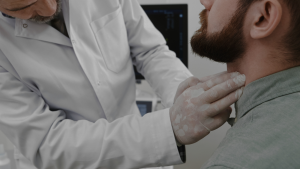
HPV-related throat cancer is now the most common HPV-related cancer in the U.S. Learn more about symptoms, treatment, and prevention from D r. Michael Moore.
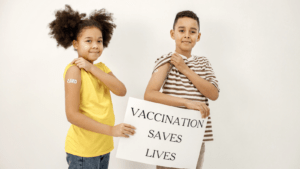
An exciting new study in Scotland found no cases of invasive cervical cancer in young women who had gotten the HPV vaccine by the time they were 14.
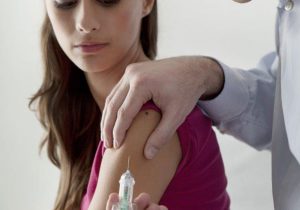
Is one shot enough? A recent study adds to evidence that one dose of the HPV vaccine might be enough to provide protection against cervical cancer.
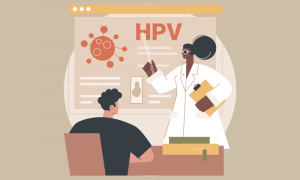
A new study revealed a disturbing trend in health knowledge; fewer people seem to understand the connection between HPV and certain types of cancer including cervical, oral, anal, and penile cancers.
ASHA believes that all people have the right to the information and services that will help them to have optimum sexual health. We envision a time when stigma is no longer associated with sexual health and our nation is united in its belief that sexuality is a normal, healthy, and positive aspect of human life.
ABOUT
GET INVOLVED
ASHA WEBSITES
GET HELP
© 2024 American Sexual Health Association